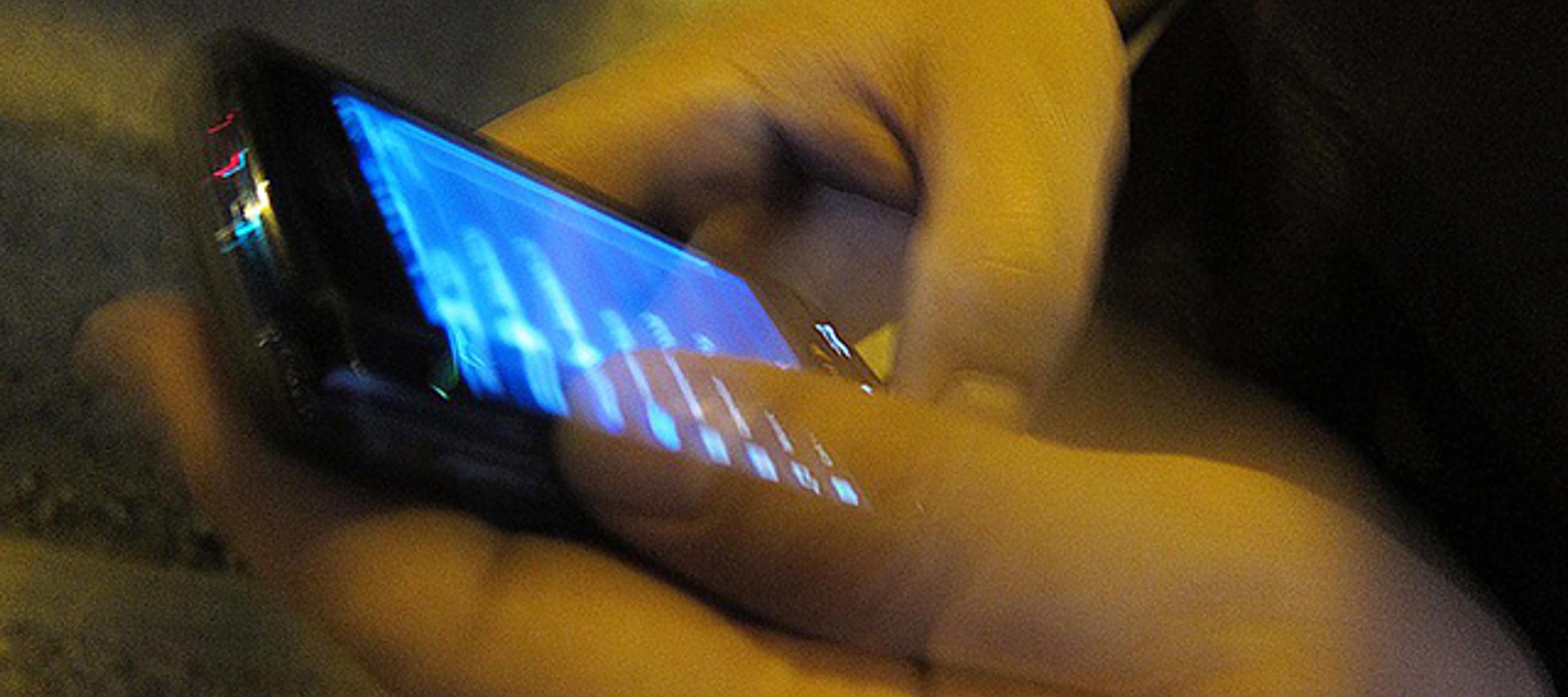Tapping and Phone Hacking in Eastern Europe
9 November 2012

This op-Ed was originally published on TheGuardian.com.
"Government interference in communications can be extensive and often arbitrary in many countries – including in countries that aren't authoritarian. Governments have interfered by imposing surveillance, censoring content and disconnecting networks or 'throttling' them during protests and elections."
Freedom of expression and privacy can lose out when telecommunications firms fail to respect international human rights standards
Swedish telecommunications giant TeliaSonera has been the subject of intense media scrutiny in recent weeks over charges of corruption in Uzbekistan and involvement in human rights abuses in Azerbaijan and Belarus. An investigative documentary broadcast on Swedish television earlier this year reported that the regimes in those countries were utilising the company's technology to monitor communications of citizens and ultimately suppress dissent.
TeliaSonera is accused of not doing enough to mitigate the perceived misuse of the technology which, thanks to a Soviet-era system called SORM (literal translation, System for Operative Investigative Activities), lets security services tap into and monitor all mobile phone communications in real time. Such use of technology meant that not only was the right to privacy violated, but activists and journalists were arrested, harassed and jailed.
According to a Freedom House report, activists detained during protests in March 2011 said that during interrogation references were made to their Facebook activities and private communications.
The Swedish documentary also featured an interview with an Azerbaijani man who claimed he was interrogated by police after he text-voted for Armenia during the Eurovision Song Contest in 2009. Azerbaijan and Armenia have long squabbled over the territory of Nagorno-Karabakh.
TeliaSonera acknowledged the surveillance, but insisted that "the upsides outweigh the downsides".
Not just authoritarian countries
Government interference in communications can be extensive and often arbitrary in many countries – including in countries that aren't authoritarian. Governments have interfered by imposing surveillance, censoring content and disconnecting networks or 'throttling' them during protests and elections.
While companies in the information and communication technology (ICT) industry undoubtedly bring benefits to society, they are increasingly accepting that they must take steps to mitigate the risks to human rights associated with their products or services.
TeliaSonera is by no means the only European telecommunications company to face questions over relationships with governments in host countries. Nokia Siemens Network (NSN) supplied a monitoring centre to Iran which was used to suppress the 2009 protests. Vodafone was criticised for its role in the network shutdown during the Arab Spring in Egypt in 2011.
Telecommunications companies are different from web-based companies in that they are tied to particular jurisdictions; they have operations, people and assets in a country, and are required to enter into a licensing or operating agreement with a host government which allows them to do business in that country. These agreements are usually confidential. If a company fails to comply with the terms of these agreements it could result in fines, asset confiscation or the company being ordered to cease operation entirely. This power imbalance can dissuade companies from resisting unreasonable government requests.
The Swedish Government owns 37% of TeliaSonera, and the company is now strengthening its policies and practices to ensure its corporate responsibility to respect human rights; part of this includes work with the Danish Institute for Human Rights to produce country-by-country human rights risk assessments looking at where challenges may require enhanced due diligence.
An industry-wide problem
TeliaSonera's experience reveals an industry-wide problem that cannot be tackled by one company alone. To move in the right direction, companies in the sector need to work together and engage in multi-stakeholder approaches, including involvement from civil society and home governments.
Fortunately there are a number of examples that have the potential to make a difference. By the end of the year, a consortium of telecommunication companies known as the Industry Dialogue will publish a set of principles on furthering freedom of expression and privacy. As so many people now rely on ICTs in their everyday lives, users must be included in this debate.
Another important initiative will take its next steps in December 2012, when the European Commission releases draft human rights guidance specifically for the ICT sector. Based on the UN guiding principles on business and human rights, it aims to tackle the challenges faced by ICT companies in meeting their corporate responsibility to respect human rights, including in situations when domestic law conflicts with international standards.
The guidance will pose key questions companies should ask themselves, and challenge the notion that the ICT sector is powerless in the face of government requests that may violate fundamental human rights standards. The Institute for Human Rights and Business is working with the New York-based Shift to develop the guidance.
As the Arab Spring revealed, events can quickly escalate and take both governments and companies by surprise. Corporate human rights due diligence and forward-planning will help to avoid false government requests as well as ensure that companies make sound decisions even in moments of extreme pressure.
An activist familiar with the TeliaSonera experience in Belarus, who we interviewed as part of our research, best summed-up the challenge ahead. As she put it, most people in Belarus weren't surprised by the surveillance allegations in the Swedish documentary. They were, however, shocked that a Swedish company was involved in what they saw as collusion with a dictator. This goes to the heart of why corporate respect for human rights is vital: the customer expects it.
Photo: Flickr/Linda Flores




